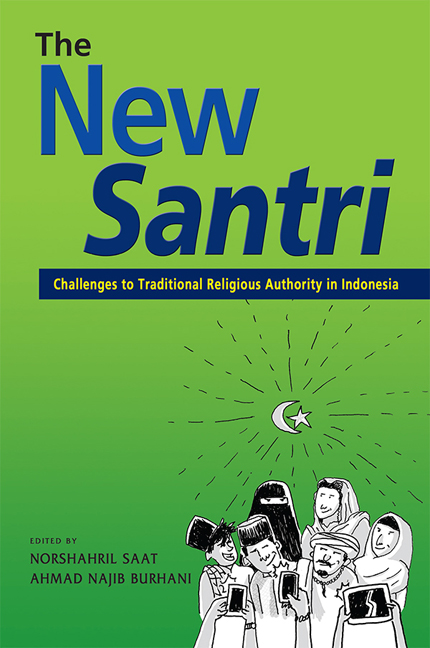8 - Salafism, Knowledge Production, and Religious Education in Indonesia
Published online by Cambridge University Press: 24 November 2020
Summary
Over the last decades, Indonesia has seen the growing impact of Saudi transnational proselytization and religious funding. Owing to the generous support by Saudi Arabia, dakwah activities focusing on promoting Salafism proliferated, and this is followed by the establishment of Salafi-oriented foundations and madrasahs in Indonesia. During the shifting political stance in the 1990s, the Salafis succeeded in establishing an exclusivist version of Islamic activism in Indonesia within the religious authorities. Due to the intensified Salafi campaign, Indonesian Muslims have been increasingly susceptible to the influences of rigid purification of faith that hardly accepts the diversity of religious expression and culture. This new type of Islamic activism also posed a challenge not only to existing religious authority but also to the legitimacy of established Muslim organizations.
The Saudi campaign impacted schools and university education through the production of Salafi-inspired literature. Translated works by ‘Aid al-Qarni, Muhammad Nasir al-Din al-Albani, and Muhammad Salih al-Uthaimin are among the favourite references taught in Islamic schools and colleges. Salafi-oriented publishers are concerned with the production of such literatures, and they work shoulder-to-shoulder with Salafi preachers who have completed their studies in Salafi centres of learning in the Middle East. The Salafis believe that their main mission is to purify Muslim beliefs and practices and to educate them based on “correct” interpretations of the Quran and Sunnah, in accordance with the example set by the pious forefathers (Salaf al-Salih). The first is called tasfiyya (purification) and the second tarbiyya (education).
This chapter explores the practices of knowledge production, religious authority and education among the Salafi circles in Indonesia, and how they have exerted their influence beyond their own circles. More specifically, I will be looking at how doctrinal competition and ideological conflict are reflected in the discourse and literature produced by Salafi authorities. I will also be examining the role played by Salafi preachers and authorities, both in producing literature and in contextualizing and appropriating Salafi messages into the education system. Before tackling these issues, the historical background of Salafism in Indonesia will be examined.
The Efflorescence of Salafism
The efflorescence of Salafism in Indonesia—evident by the growing number of young Muslim men wearing jalabiyya (Arab-style flowing robes) and women wearing niqab (a form of enveloping black veil) in public places—might not be isolated from Saudi Arabia's politics of expanding their geopolitical influence throughout the Muslim world.
- Type
- Chapter
- Information
- The New SantriChallenges to Traditional Religious Authority in Indonesia, pp. 131 - 150Publisher: ISEAS–Yusof Ishak InstitutePrint publication year: 2020



